What is screw oil press machine?
In agriculture and food production, the efficient extraction of oil from seeds and nuts plays a crucial role. Whether for cooking, industrial processing or biofuel production, the quality and quantity of extracted oil can have a significant impact on various industries. Often hailed as a technological marvel, screw presses have revolutionised the oil extraction process. In this article, we'll take an in-depth look at how the screw press works, its history, applications, benefits, and its role in modern agriculture and industry.
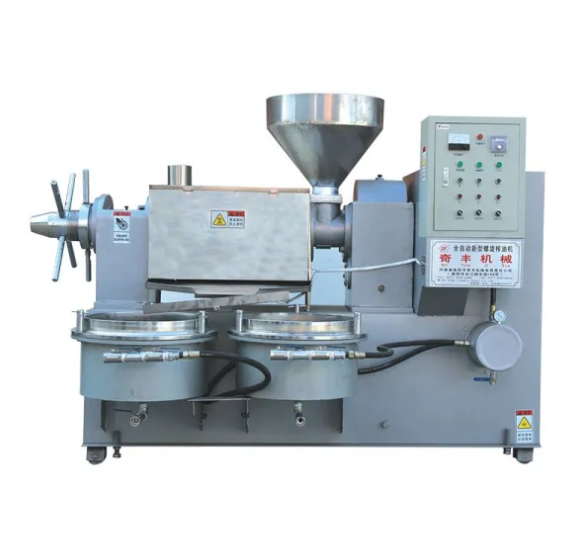
The Basics of Screw Presses
A screw press, also known as an oil press or oil expeller, is a mechanical device for extracting oil from various oil seeds and nuts. It uses the principles of mechanical extrusion and friction to extract oil from raw materials. The core components of the machine include the screw shaft, barrel, feeder, and press chamber. Let's break down the key elements and their functions:
Screw Shaft: The heart of the screw press is the screw shaft. This shaft is equipped with helical blades that push the raw materials forward, compressing and heating them at the same time. The design of the auger shaft can vary and can have single or multiple sections depending on the type of oilseed being processed.
Cylinder: The cylinder, also known as the press cage or press chamber, surrounds the screw shaft and provides the space needed to extract the oil. It usually consists of multiple layers of rings with gaps that allow the oil to flow out while retaining the solids.
Feeder: The feeder is responsible for introducing the oilseed or nut raw material into the screw press. It ensures a consistent and controlled flow of raw material into the press chamber.
Principle of operation
The working principle of the screw press is simple and efficient. When oilseeds or nuts are fed into the machine through the feeder, the screw shaft conveys them through the pressing chamber. As the material moves along the shaft, it experiences increasing pressure and temperature. The combination of mechanical force and heat causes the oil-containing cells within the seed or nut to rupture, releasing the oil.
The extracted oil then flows through small openings or gaps in the press cage and is collected in separate containers, leaving a solid residue called oil cake or meal. The oil cake still contains some residual oil which can be further processed or used for various purposes such as animal feed or fertiliser.
Additional resources:Introduction to Wheat Flour Milling Plant: A Comprehensive Guide
Understanding the Basics of CNC Lathe Machines: Operation and Applications
Inline Plastic Scrap Granulator: A Revolutionary Solution for Plastic Waste Recycling
Understanding the Pricing Factors of Portable Pipe Cutting Machines
What is Colour Coated Steel?
What are the applications of waste heat boilers?
Unlocking Precision and Efficiency: How Fiber Laser Cutting Machines Work
History of screw presses
The concept of mechanical oil extraction dates back centuries, but the modern screw press as we know it today has a relatively recent history. The credit for its invention is usually given to American engineer Charles D. Anderson, who received a patent for his "oil press" design in 1879. Anderson's innovation laid the groundwork for the development of more advanced and efficient screw presses. Over the years.
Applications of Screw Presses
Screw presses are versatile and can be used in a variety of industries. Here are some of the key sectors where they are used
Edible Oil Production: screw presses are widely used in the production of edible oils such as sunflower oil, soya bean oil, peanut oil and rapeseed oil. These oils are important ingredients in cooking and food preparation.
Industrial Oil Production: Many industries rely on screw presses to extract oils for use in manufacturing processes. These oils are used as lubricants, additives or base materials for products such as paints, cosmetics and pharmaceuticals.
Biodiesel Production: Screw presses are vital in the production of biodiesel, a renewable and environmentally friendly alternative to traditional fossil fuels. They can efficiently extract oil from oilseeds such as soya and rapeseed, which can be used as feedstock for biodiesel production.
Animal feed and crude meal: The residual oil cake or crude meal left after oil extraction is rich in protein and nutrients. It is usually used as high-quality animal feed or processed into products such as protein concentrates and powders.
Essential oils: Some screw presses are specially designed to extract essential oils from aromatic plants and herbs. These oils are used in the perfume, cosmetics and alternative medicine industries.
Mushroom Grinding Machine: Revolutionizing the Processing Industry
Fixed Towing Cableways as a Transport Solution
Understanding the Benefits of Automatic Bottle Palletizers in Manufacturing
Air-Cooled Screw Condensing Units
What Is an Excavator Vs Backhoe?
How Does an Induction Brazing Machine Work?
Plasma Cutter Safety: Best Practices and Tips for Safe Operation
Related Articles
-
296
0
0

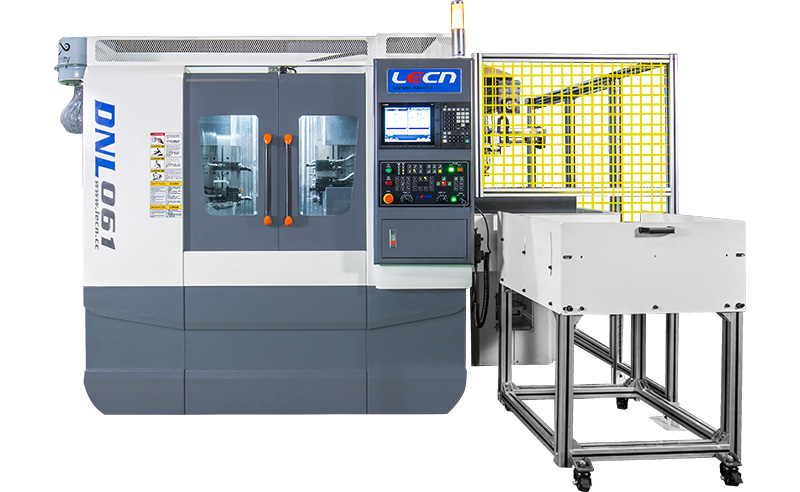
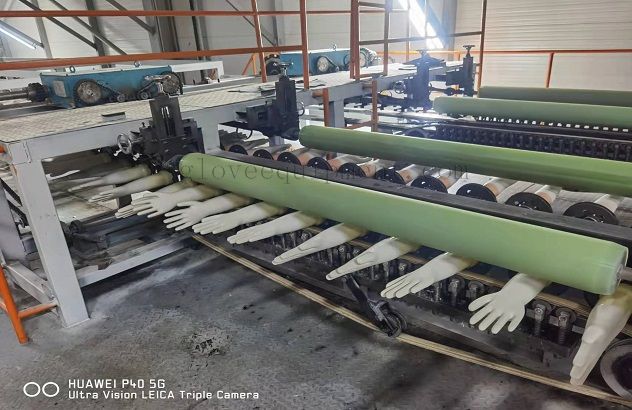
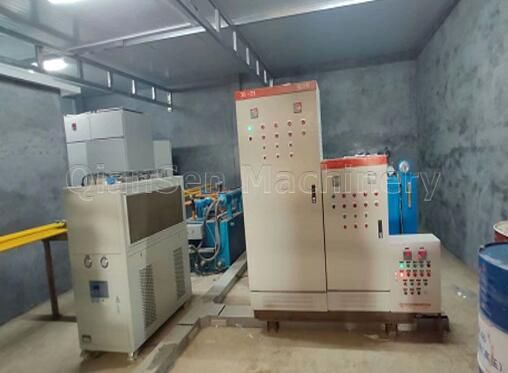
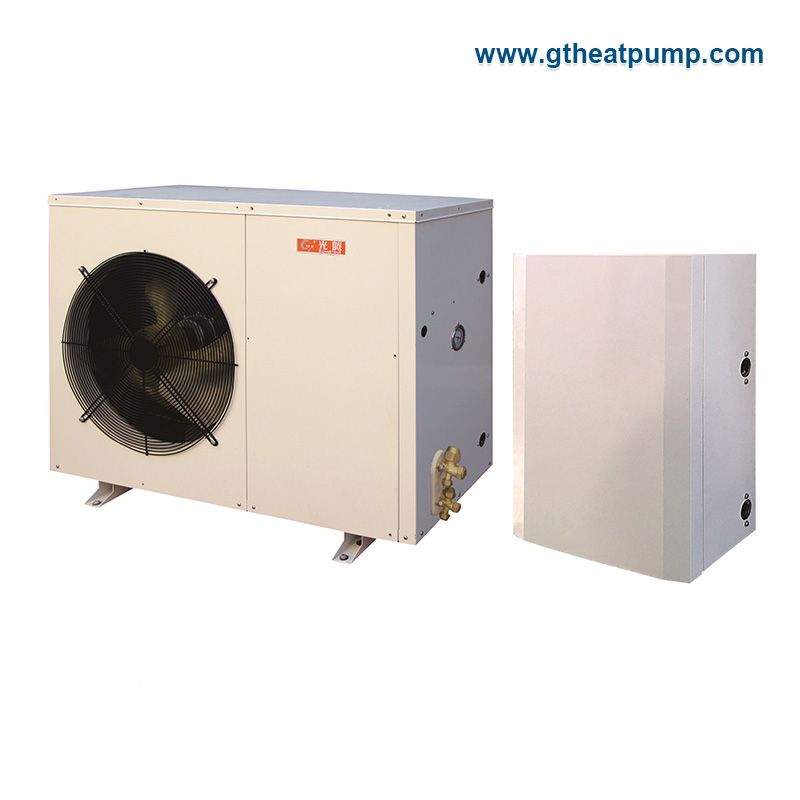
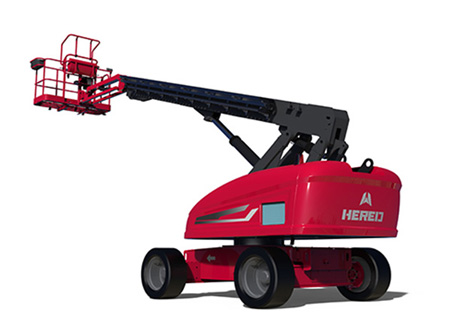
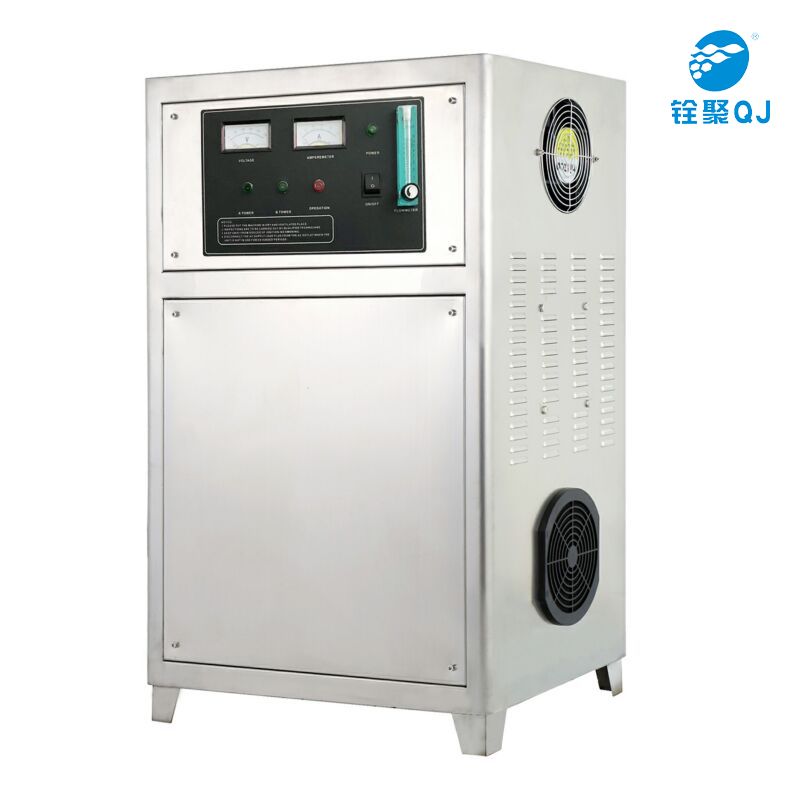
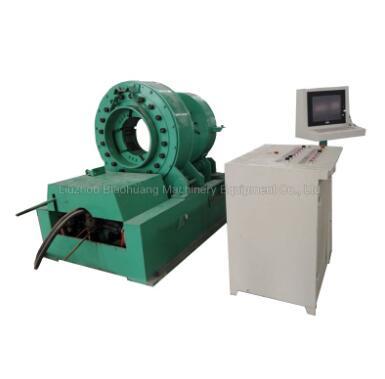
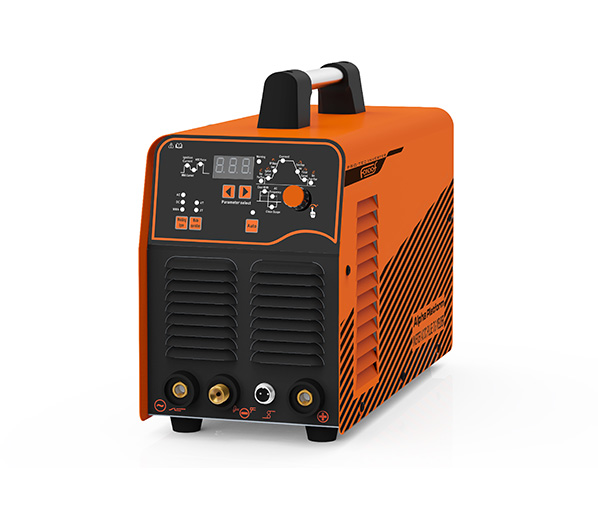
Comments